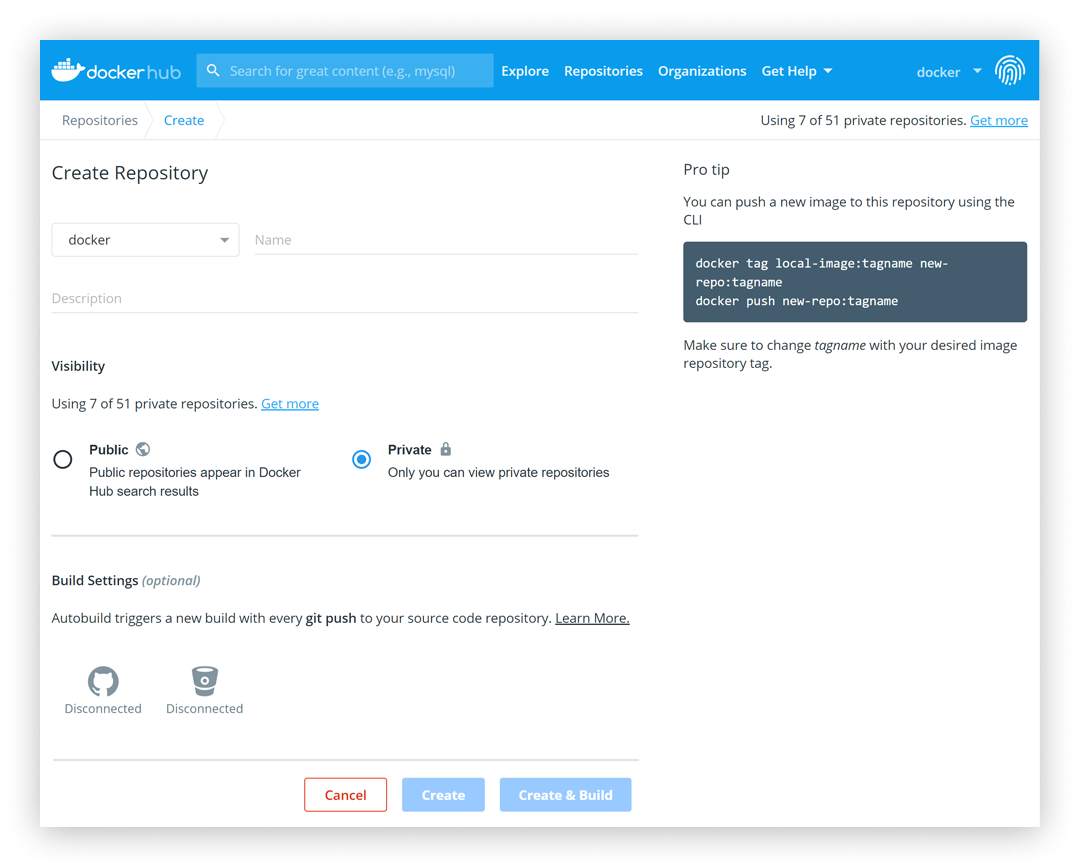Docker
About Docker
Awards and Recognition
Docker Pricing
Private repositories, build & ship: $7 per month for 5 repos. Managed nodes run: $15 per month, per node.
Starting price:
$7.00 per month
Free trial:
Available
Free version:
Not Available

Most Helpful Reviews for Docker
1 - 5 of 518 Reviews
Justin
Information Technology and Services, 201 - 500 employees
Used more than 2 years
OVERALL RATING:
4
Reviewed October 2021
A promising future for software deployment
Yehanny
Verified reviewer
Computer Software, 2-10 employees
Used daily for more than 2 years
OVERALL RATING:
5
EASE OF USE
5
VALUE FOR MONEY
5
FUNCTIONALITY
5
Reviewed May 2022
Best tool to manage your web applications
All our web applications use Docker for testing purporses and production enviroments and is a must inside our organization.
PROSI think every software corporation needs to migrate their server architerture to contenerized enviroments and Docker make it easy to maintain and scale all web applications because you can have all your services or microservices running isolated and that gives you the possibility to have multiple softwares developed in different languages for every service that your application needs, for example: You can have a running container with Apache Server for your backend using PHP, and another NodeJS container for your frontend, a MySQL database service for your data and a Redis service for the cache management all in the same network sharing for every project or even for different projects in another networks, possibilities are unlimited.
CONSIn my oppion, there's no cons using Docker, I think you'll get more gains rather than pains in your software business.
Matthew
Information Technology and Services, 1 employee
Used daily for more than 2 years
OVERALL RATING:
5
EASE OF USE
5
VALUE FOR MONEY
5
CUSTOMER SUPPORT
5
FUNCTIONALITY
5
Reviewed August 2020
The lean virtual machine tool we've been waiting for
Feels like a bit of a learning curve coming from using VirtualBox, vagrant, etc., but when you get that first cluster of virtual environments running interacting apps you know how worth it it was
PROSDocker works on every platform and makes it simple to match production and development systems. It's similar to older virtual machine and VM management tooling, but much more lean and 100% open source.
CONSGetting started can be intimidating. While it's worth the time invested, development teams accustomed to working directly on their own hardware or with traditional virtual machine tools will have a bit of a learning curve.
Reason for choosing Docker
It's faster, smaller and scales more quickly and easily
Reasons for switching to Docker
Lean, fast, efficient tool
Anonymous
11-50 employees
Used daily for more than 2 years
OVERALL RATING:
3
EASE OF USE
4
CUSTOMER SUPPORT
2
FUNCTIONALITY
4
Reviewed December 2019
Fundamental for modern software services
We are running a fleet of microservices on Amazon ECS and Docker is part of our development, testing, staging and production environments.
PROSIt's become a de-facto standard and there are a lot of resources online to learn everything, from basics to the really advanced tidbits.
CONSBeing a very complex system, sometimes it's hard to keep track of all the parts. Is runc part of Docker? What about containerd? What's moby? The fact that operating system packages with the same name include different things doesn't help. Sometimes there are also subtle bugs that take days to track and attribute to Docker.
Huans
Computer Software, 51-200 employees
Used daily for more than 2 years
OVERALL RATING:
4
EASE OF USE
2
FUNCTIONALITY
3
Reviewed February 2024
Really good tool
I think it's an industry standard right now and it works well
CONSIt is a tool that requires a good knowledge to really know how it works, it is not accessible to everyone and it is not very user friendly.





